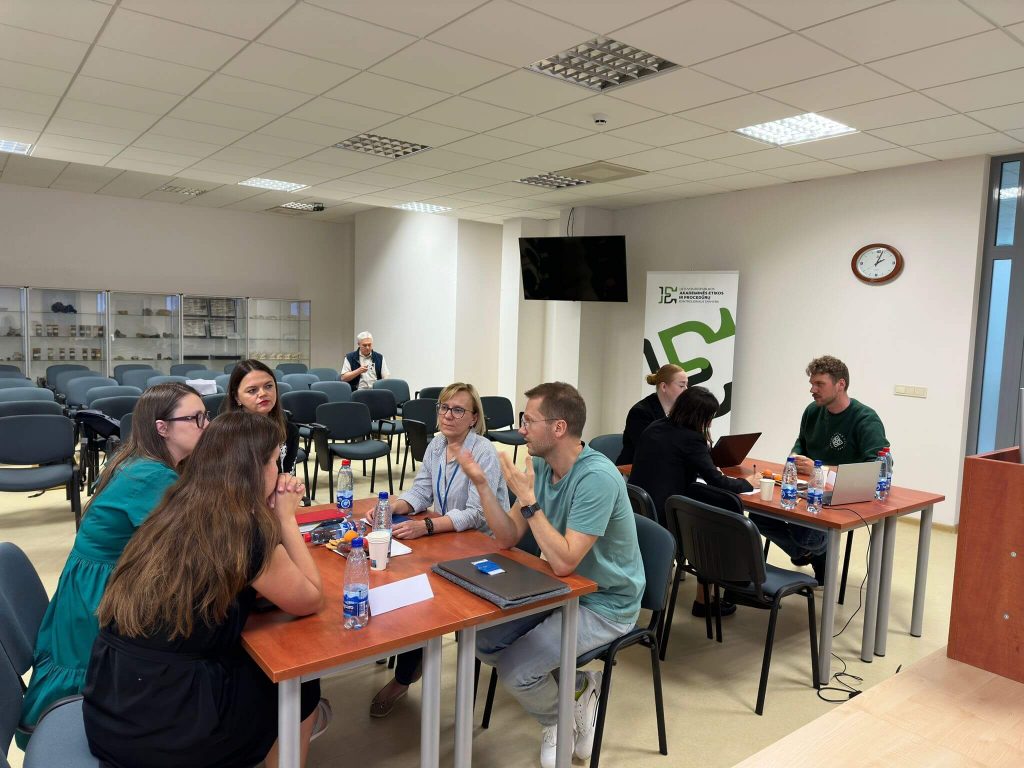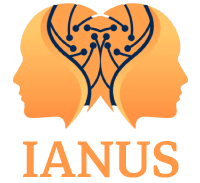On June 10th, a thought-provoking discussion was organized by the Research Council of Lithuania in collaboration with the Nature Research Centre and the Office of the Academic Ethics and Procedures Ombudsman of the Republic of Lithuania under the theme, “Do You Trust in Science?”. The media panel delved into the topic of scientific information reliability during the pandemic, personal trust in science, challenges in science communication, AI’s role in science communication, and the pivotal roles played by science independent journalists. The discussion was structured into four focus groups: Science Communicators, Science Journalists, Scientists, and Students, each engaging in three distinct questions.

Dr. Loreta Tauginienė, former Academic Ethics and Procedures Ombudsman of the Republic of Lithuania and Vice-Rector of Kazimieras Simonavičius University shared profound valuable insights on “Ethics in Science Communication.”
The outcomes of the discussions serve as a cornerstone in a media study conducted in partnership with international partners. Participants shed light on the perceived erosion of public trust in science, fueled by the proliferation of misinformation on social media and conflicting narratives surrounding scientific issues. Notably, discussions highlighted the emergence of self-proclaimed experts and the challenges this poses to the credibility of scientific information.
